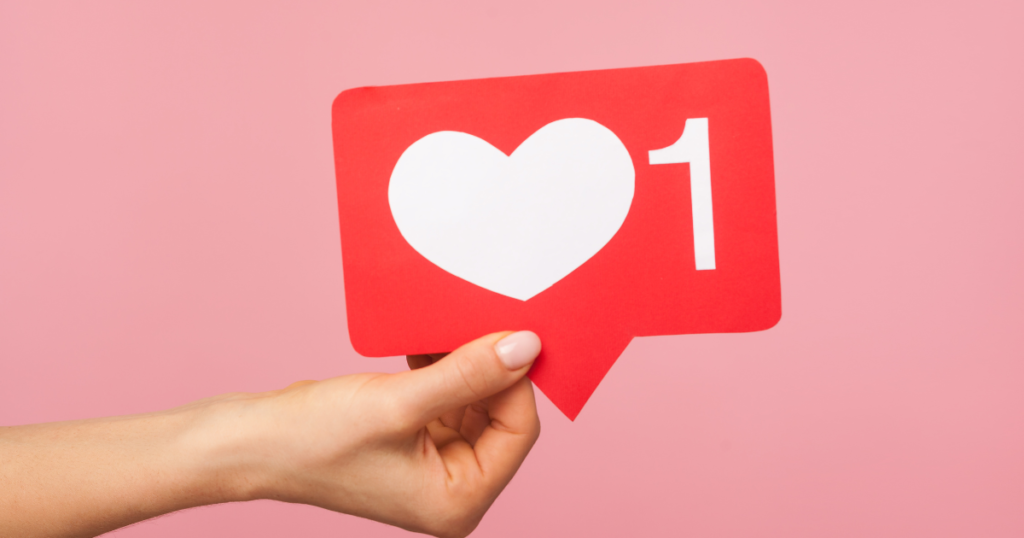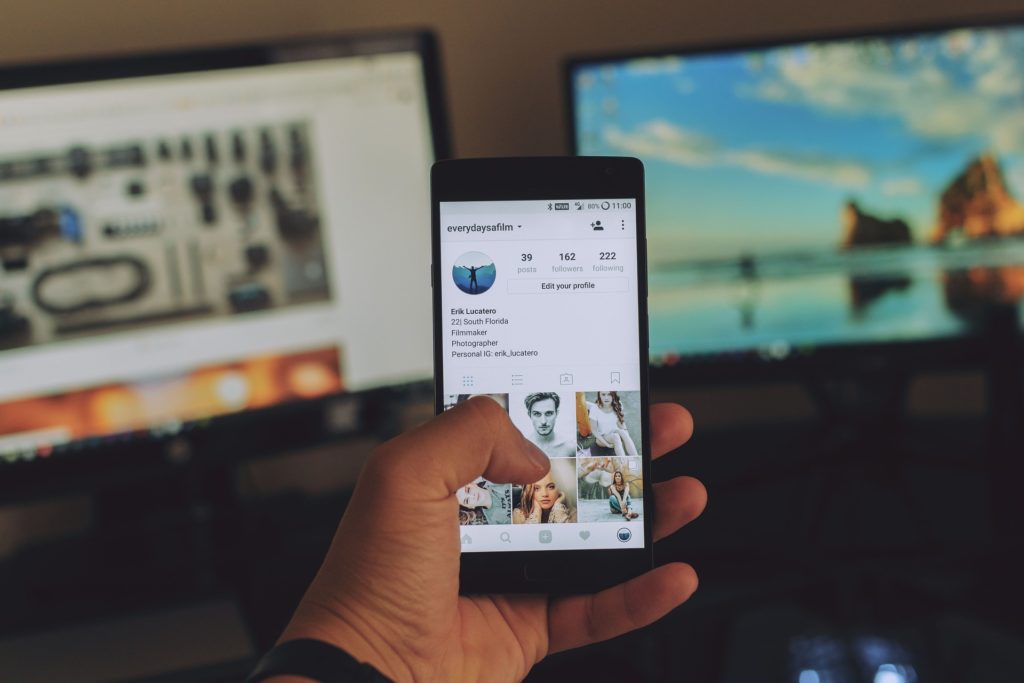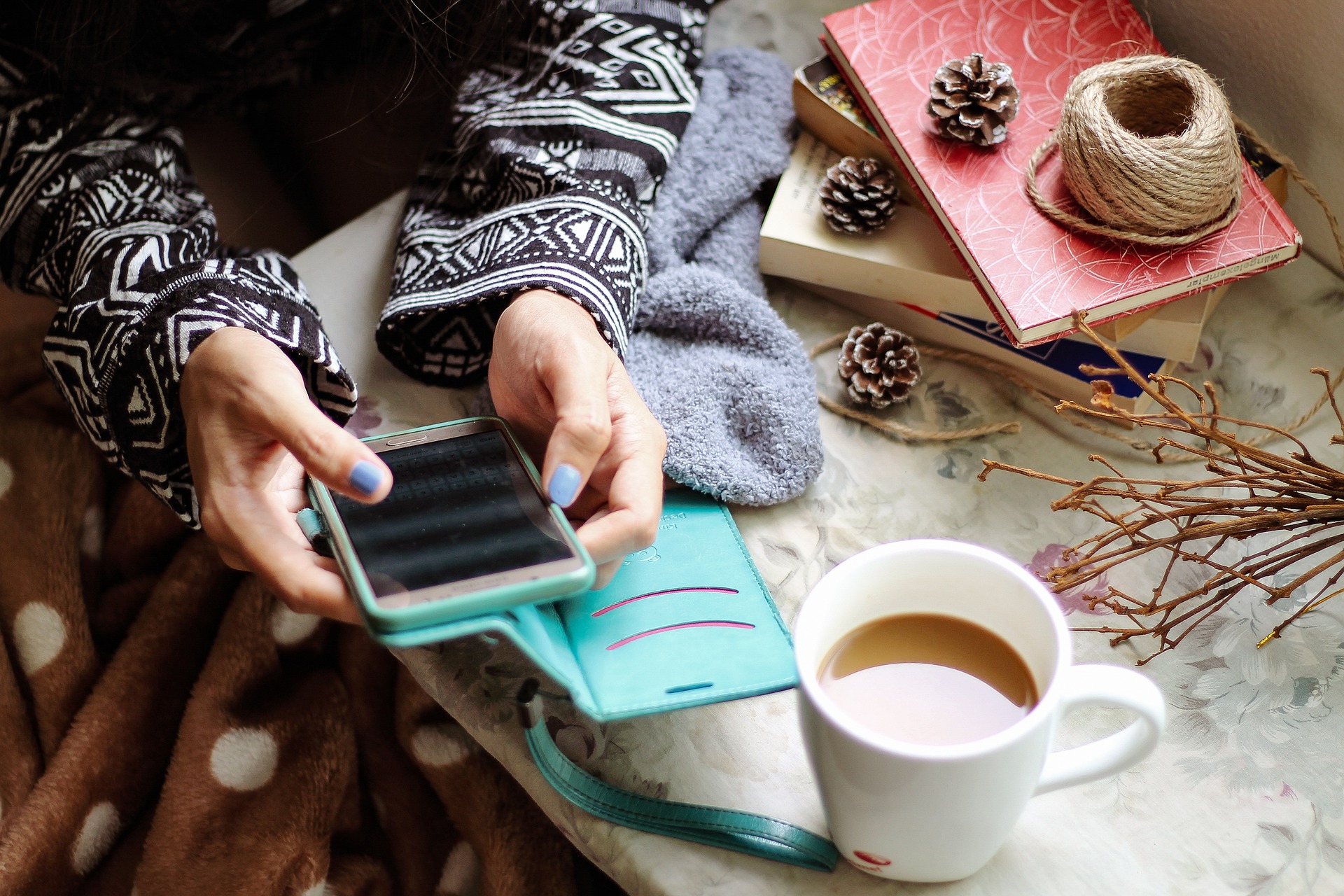It is important for me as an intuitive eating and ED recovery dietitian to explore the topic of social media and body image. The type of content you consume daily can have major impacts on how you perceive yourself and your body!
In today’s article, I will be sharing my thoughts on how social media can affect body image, in a positive and negative way. Keep reading to learn more!
Are you on the interest list for my Nourished Body Basics Course?! If not, make sure to sign up through this link!
Social Media and Body Image
As humans, we are constantly consuming. This isn’t just the food we put in our bodies but everything we are consistently seeing, hearing, and taking in. We are consuming for hours upon hours each day. Whether we realize it or not and our brain is always taking in information.
On our intuitive eating journey, we learn to trust our body’s needs and give it nourishing food and movement to help us feel good.
When it comes to social media, are the things that we are engaging with, and also consuming, helping us feel good?
We’ve all been there. We’ve all seen a post, reel, or TikTok that has elicited a negative feeling. Maybe it has brought up feelings of self-doubt, disappointment, or anger.
Perhaps it’s even made us question our own choices. When going through eating disorder recovery or recovering from diet culture, our interaction with social media can be incredibly impactful. This is in positive or negative ways.

That brings us to the question…
How does social media affect mental health and body image?
Below we’ll explore some of the benefits and drawbacks of social media. As an intuitive eating dietitian, I want you to be prepare with the tools you need to be successful on your IE journey. This includes knowing how to properly use social media to support a healthy recovery!
Want to learn more about intuitive eating? Check out my article on intuitive eating and weight loss!
Social Media Drawbacks
- Comparison. How does the old saying go? Comparison is the thief of joy? If we are comparing our lives, or our ED recovery, to someone else’s we are already setting ourselves up to be let down. The benchmark for our success is not how well we are doing or how beautiful our lives are when they are measured against another person’s.
- Unnecessary Comments/Messages. Ah yes, internet trolls. If you have had the unfortunate experience of receiving an unsolicited comment or message you know just how devastating they can be. Words hurt! The anonymity of some social media users makes it much easier to send a disparaging message without having consequences (although, if this happens to you, remember you can always hit that report button!) and hateful energy is all too common in the online space.
- Feeling performative. We’ve all heard the adage “Instagram is a highlight reel” and this will likely always be true of social media, regardless of the platform. We can often fall victim to this too and feel that we must show only the greatest parts of our lives just so everyone knows how well we are doing.
Although social media can have drawbacks it can also be a helpful tool in recovery when you are able to engage with accounts that educate and help you to feel good.
Social Media Benefits
- Connection. In its purest form this was the main goal of social media, to connect us to our peers and loved ones. Somewhere along the way, this became a shift to algorithms, influencers, targeted ads, etc. but there is still room for connection amidst the chaos! Social media can be an incredible way to connect to those who share similar struggles and triumphs. It can help us to feel less isolated in our own journeys. Whether it is an individual in active recovery, the account of a therapist or dietitian, or an individual who has recovered from diet culture or disordered eating. We are often able to find incredible connections when we’re looking for them.
- Anti-Diet Messages and Education. In the same way social media is laden with pro-diet and weight/body-centered messages that can be harmful in recovery, it is also filled with the opposite (when we are in the right space!). There are many accounts that provide both education and encouragement on your journey. Whether this is with intuitive eating journey and/or eating disorder recovery. Some helpful hashtags to follow can be: #antidiet, #bodypositivity, #bodyneutrality, and #dietculturedropout.

Social Media and Body Image: The Takeaway
So what to do now? Only you can determine what is best for you! As a registered dietitian, I am here to support you through every part of your journey and have some words of wisdom for you.
Here are a few general guidelines that may help navigate the tricky world of social media and body image:
- Unfollow triggering accounts. First and foremost, unfollowing triggering accounts is key. Whether it’s an old friend from high school selling skinny tea or a major celebrity whose (likely) edited images promote unattainable body standards if it elicits a negative feeling we do not have to engage with it.
- Use the algorithm to your advantage. Tailoring your feed with messages that align with your beliefs and needs can be a great step in recovery. You have permission to unfollow/mute accounts as you see fit. A helpful aspect of social media? It’s an algorithm! You will see more of what you engage with and you can choose to engage with accounts you are aligned with. This includes body neutrality, intuitive eating, and health at every size.
- Remember the age-old advice. Always remember that important adage mentioned above: social media is a highlight reel! It is impossible to know anyone’s happiness, financial stability, or success from their Instagram feed.
Follow me over on my Instagram page for more ED, intuitive eating, and body image content from a dietitian in Philadelphia, PA!
If you are looking for more support on your journey to food and body peace, schedule a free 15-minute discovery call with our team today!

[…] If you haven’t already, make sure you check out my article on social media and its effect on your body image! […]
[…] Social Media and Body Image […]